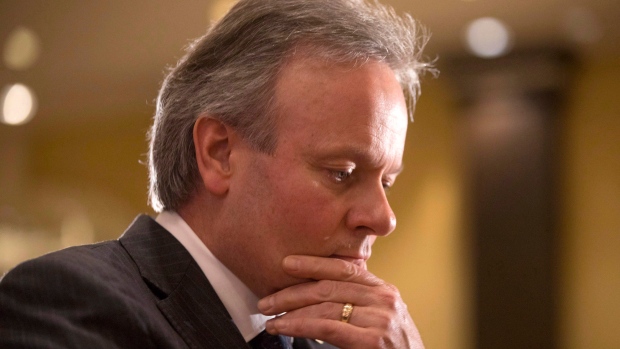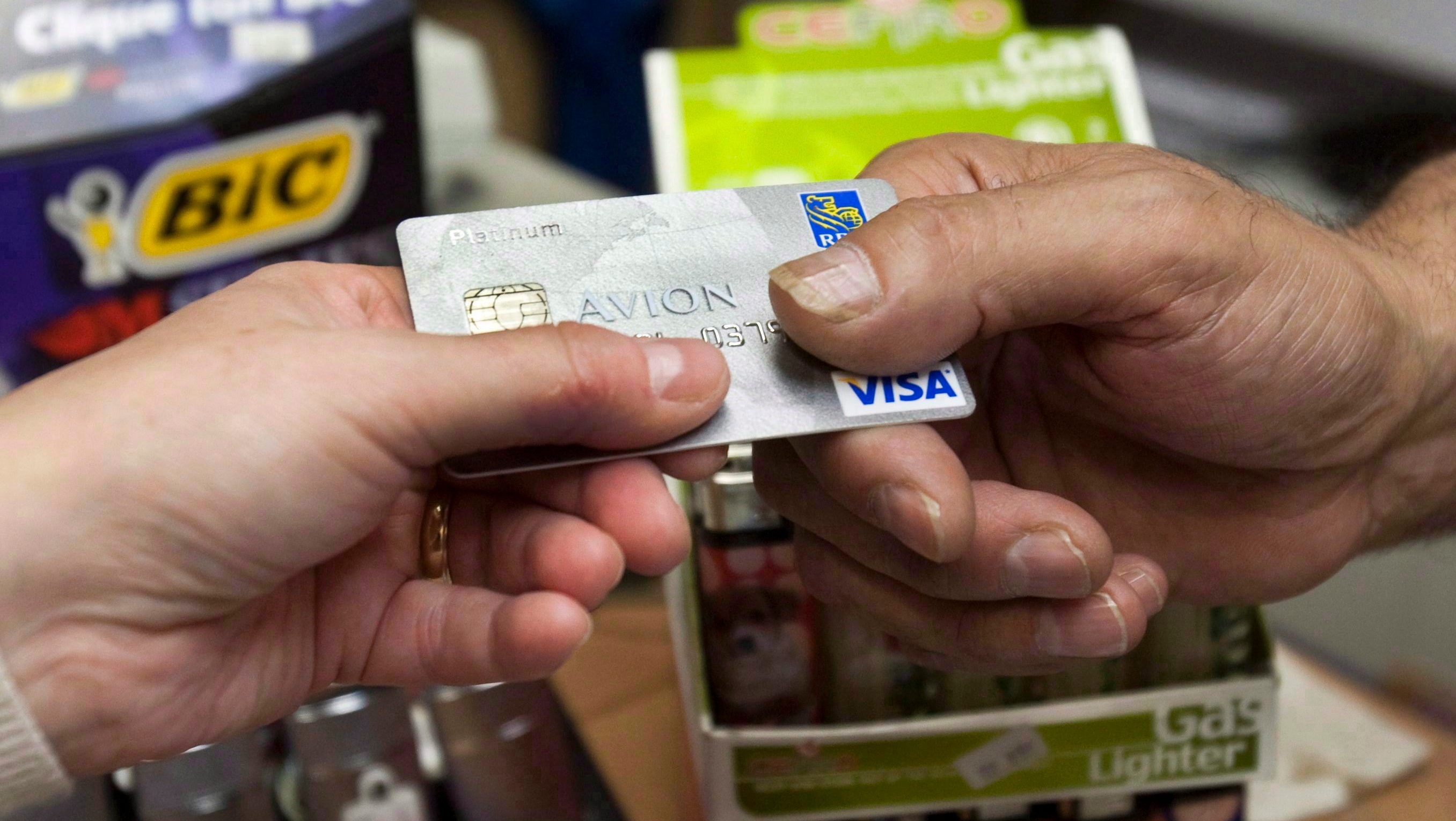May 2, 2018
Stephen Poloz delivers wake-up call to most indebted Canadians

Bank of Canada Governor Stephen Poloz says the central bank is keeping a close eye on a small group of disproportionately indebted Canadians as it mulls the timing and impact of its next interest rate hike.
In a speech in Yellowknife Tuesday, Poloz sounded the alarm, stating that about eight per cent of indebted households owe 350 per cent or more of their gross annual income, and that group is carrying about a fifth of total Canadian household debt.
“We are closely watching the vulnerability represented by this group and the debt they carry, and how it poses a risk to both the financial system and the economy,” he said. “And it is important for these households to understand how personally vulnerable they may be.”
HAVE YOUR SAY

What worries you most about debt levels in Canada?
Canadians owe, on average, about $1.70 for every dollar of disposable income, a figure which has been creeping higher in recent years. Poloz and other top officials at the Bank of Canada have repeatedly stressed the central bank is concerned about the sensitivity of household balance sheets to the rising cost of borrowing.
While Poloz has pulled the trigger on three rate increases since last summer, lifting the benchmark lending rate from rock-bottom lows, he said the Bank of Canada is approaching every policy meeting with an understanding it must navigate a tricky balancing act in its rate decision.
“If we raise rates too quickly, we risk choking off growth and falling short of our inflation target. If we move too slowly, we risk a buildup of inflation pressures that would cause an overshoot of our inflation target,” he said.
“At the same time, moving too slowly would mean a further accumulation of household debt and rising vulnerabilities, while moving too quickly could trigger the sort of financial stability risk we are trying to avoid.”

